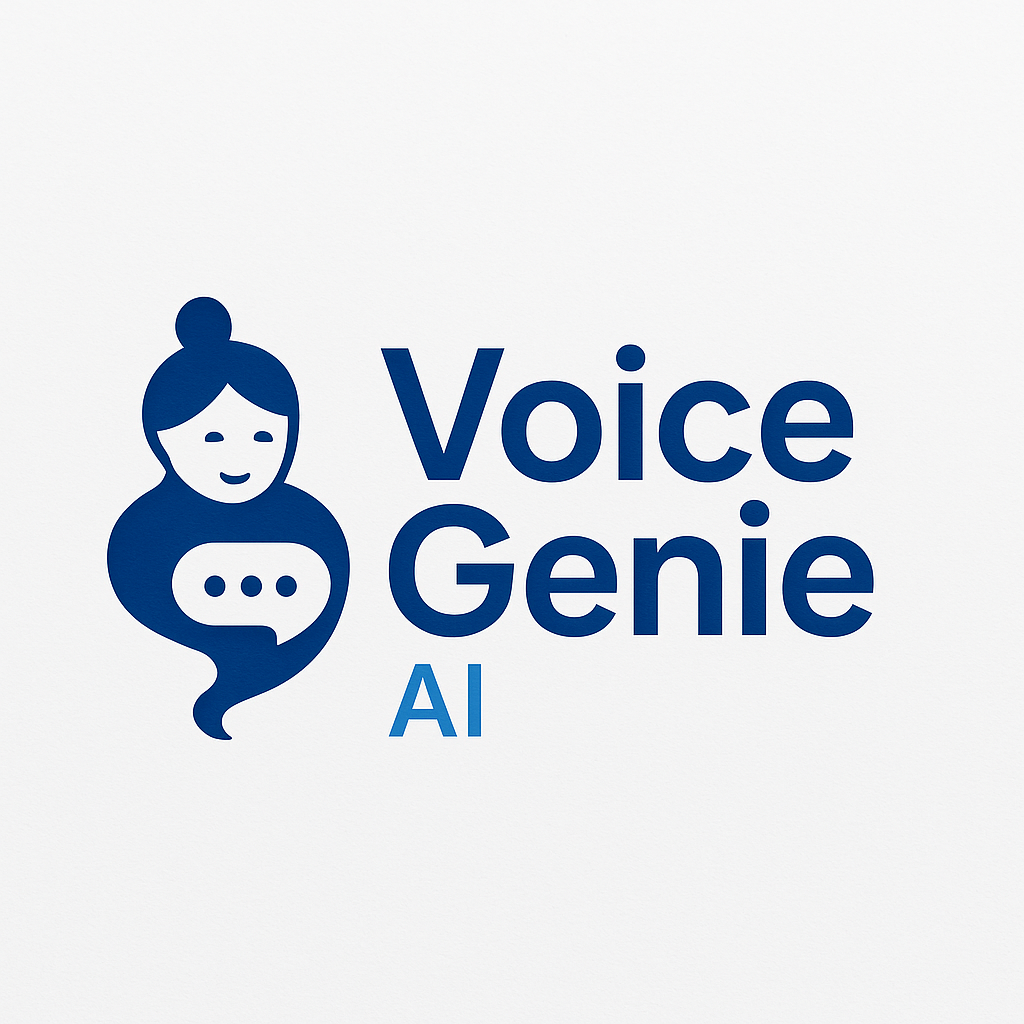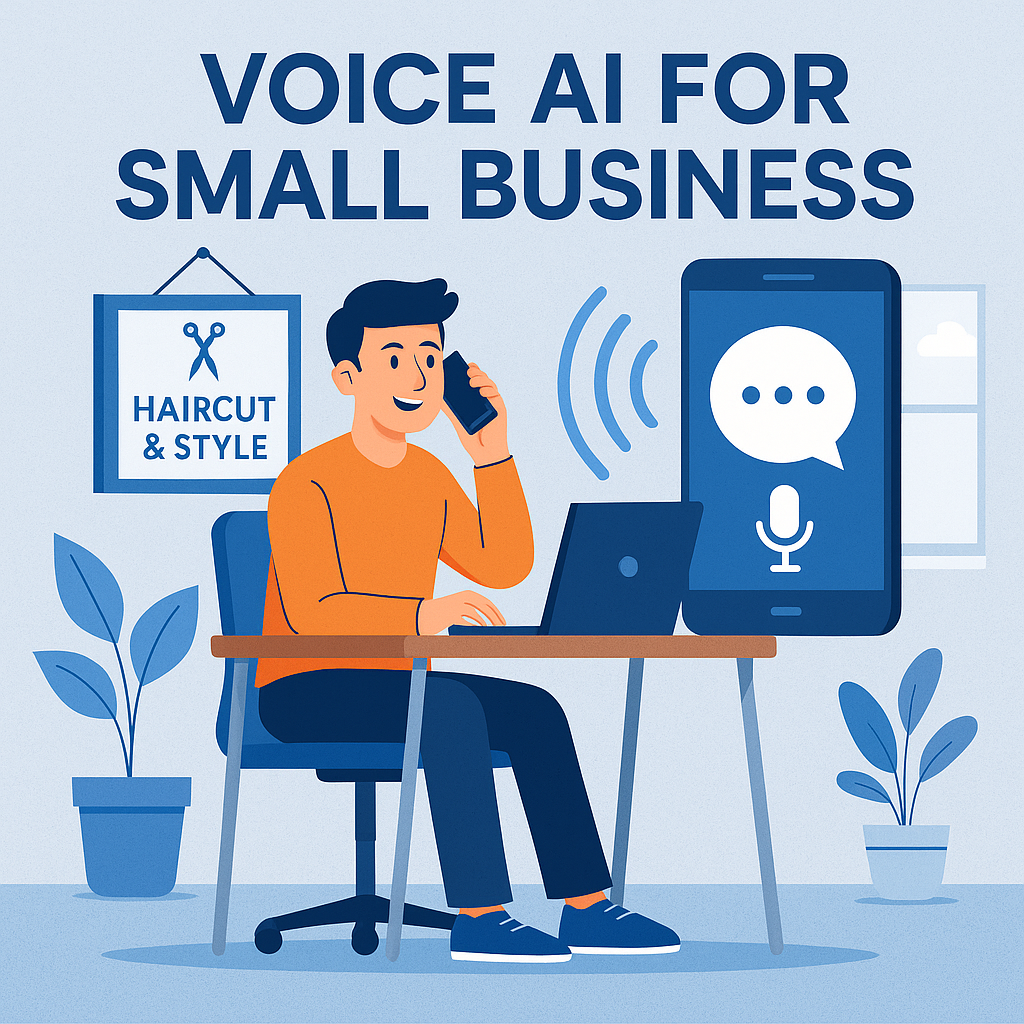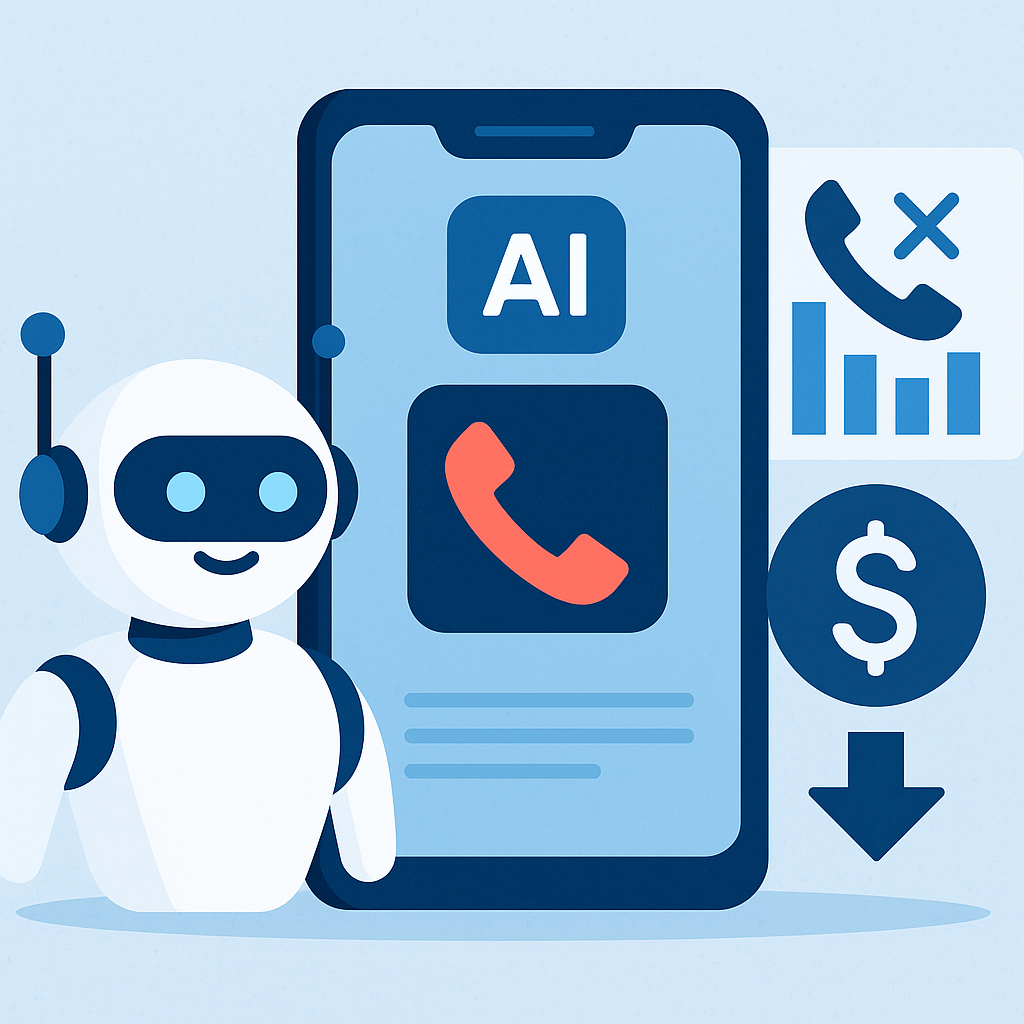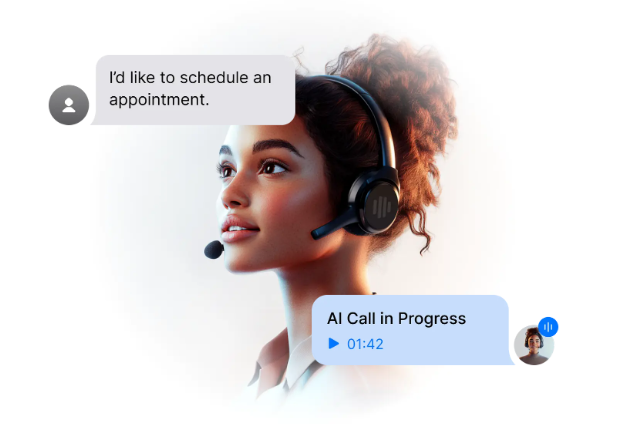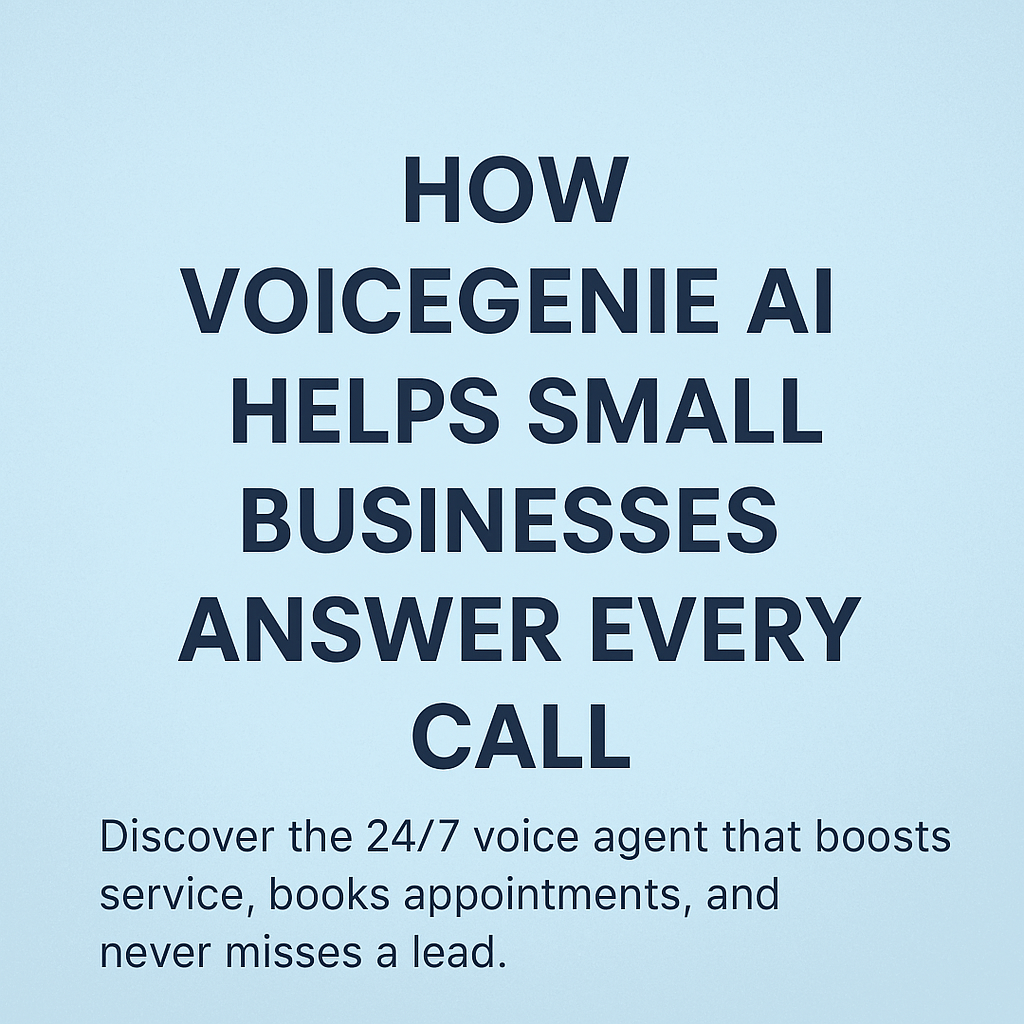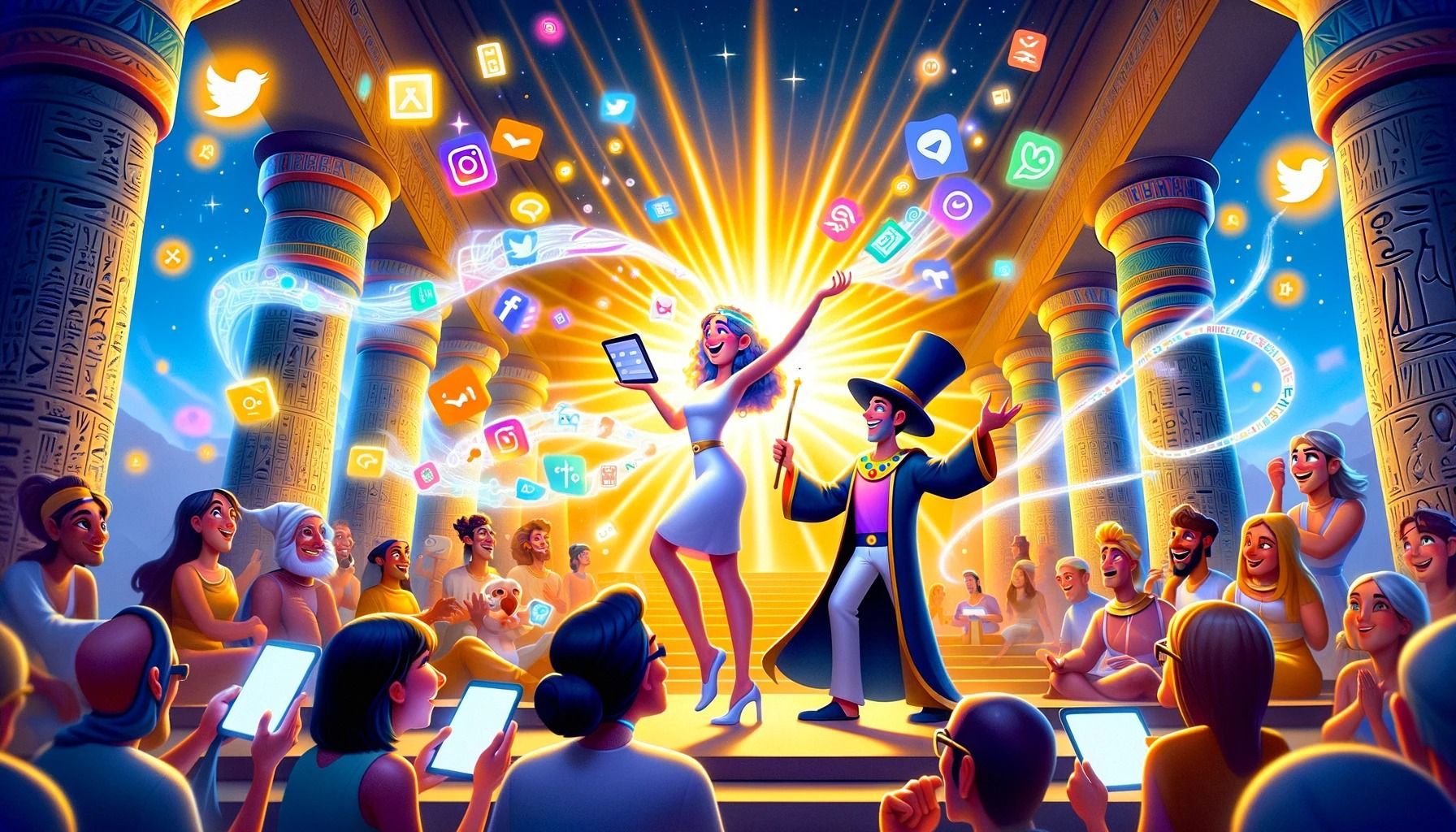What is an AI agent?
What Are AI Agents and Why Are They Game-Changers?
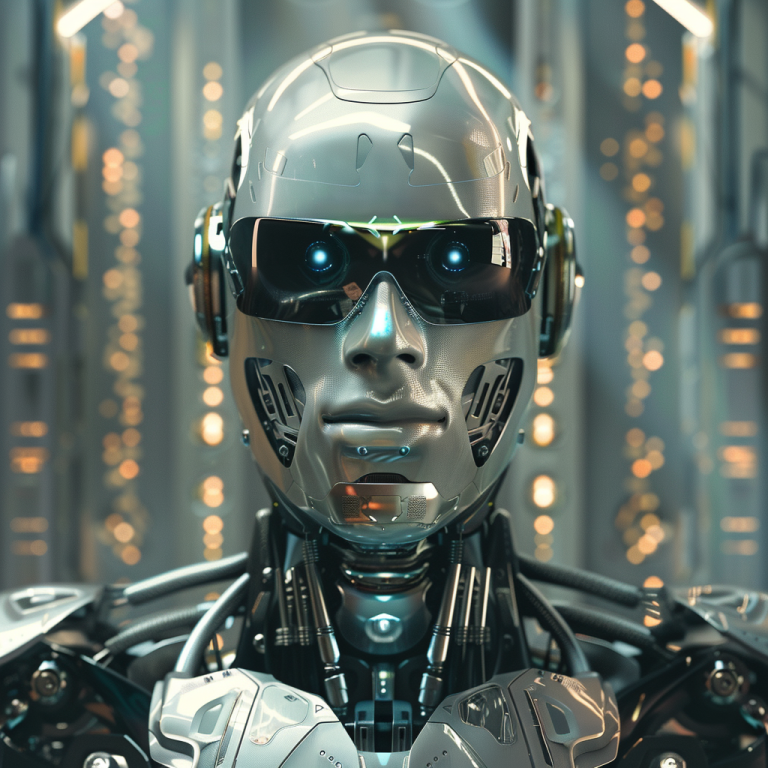
In the age of artificial intelligence, the emergence of AI agents is transforming the way businesses and individuals handle daily tasks. Unlike traditional AI chatbots that only answer questions, AI agents take it a step further by actively performing tasks on behalf of their users. From streamlining business operations to personalizing user experiences, AI agents promise to revolutionize efficiency and productivity.
Major tech players like OpenAI, Microsoft, Google, and Salesforce are racing to develop advanced AI agents that redefine how we interact with technology. With applications in industries such as healthcare, robotics, gaming, and beyond, AI agents are paving the way for a new era of automation and innovation.
Understanding AI Agents: A Definition
AI agents are technological tools designed to learn about a specific environment and execute tasks or solve problems based on simple human prompts. They range from basic systems like smart thermostats to sophisticated platforms capable of planning transcontinental business trips. These tools operate by perceiving their environment, making decisions, and taking action to achieve defined goals.
The Evolution of AI Agents: From Simple to Advanced
1. Simple Reflex Agents
A smart thermostat is a perfect example of a reflex agent. It perceives temperature changes and responds accordingly by adjusting the heat. These decisions are simple and based only on the agent’s immediate perceptions.
2. Goal-Based Agents
Think of a Roomba vacuum cleaner. It maps out a room, detects dirt, and takes specific actions to clean. Its singular goal—a spotless floor—guides its every move.
3. Utility-Based Agents
Modern AI agents operate with a utility-based framework. They weigh risks and benefits, prioritize conflicting goals, and make decisions tailored to user preferences. This level of sophistication allows them to handle complex scenarios and deliver results aligned with user expectations.
How AI Agents Work: Decisions in Action
Unlike chatbots, which are limited to responding with text, AI agents actively perform tasks. For example, Google’s Project Mariner showcases an AI agent that plans meals by adding grocery items to an online shopping cart, even suggesting substitutes for unavailable ingredients. While humans still finalize decisions, the agent simplifies the entire process up to that point.
The Key Features of AI Agents
1. Autonomy
AI agents can operate independently for extended periods, reducing the need for constant monitoring.
2. Adaptability
They can transfer skills across domains, tackling new challenges and adapting to unforeseen obstacles.
3. Advanced Problem-Solving
AI agents analyze situations, evaluate multiple options, and execute optimal solutions tailored to user needs.
Real-World Applications of AI Agents
- Healthcare: Automating administrative tasks and assisting in patient care.
- Business Operations: Scheduling, email management, and data analysis.
- E-Commerce: Personalized shopping experiences and inventory management.
- Robotics: Enhancing automation in manufacturing and logistics.
Are AI Agents Worth the Risks?
As with any technological advancement, AI agents come with potential risks. Users must weigh the benefits of efficiency against concerns about privacy and security.
Key Considerations:
- Data Privacy: AI agents often require access to sensitive information, such as emails and calendars. Users must assess how much data they are comfortable sharing.
- Decision-Making Errors: While developers include safeguards to keep humans in the loop, there is always a chance of errors or biased decisions.
- Cybersecurity Risks: A breach in an AI agent’s system could expose personal or financial information.
By implementing robust safeguards, technology companies aim to address these risks while enhancing user trust and adoption.
The Future of AI Agents: A Path to Artificial General Intelligence?
The ultimate goal for many AI researchers is to achieve artificial general intelligence (AGI)—a system capable of performing tasks across multiple domains with human-level proficiency. Current AI agents are considered "narrow AI," excelling in specific tasks but lacking versatility. However, advancements in AI agent technology bring us closer to realizing the vision of AGI.
Conclusion: Are You Ready for the AI Agent Revolution?
AI agents are reshaping the way we live and work by taking automation to unprecedented levels. From managing daily routines to driving business innovation, these tools offer immense potential for improving efficiency and productivity. As the technology continues to evolve, the question isn’t whether AI agents will transform our lives, but how quickly we’ll embrace them.
Stay ahead of the curve with Kell Web Solutions—your trusted partner in leveraging AI-driven solutions for business growth. Explore more insights on AI and technology at KellSolutions.com/blog.

